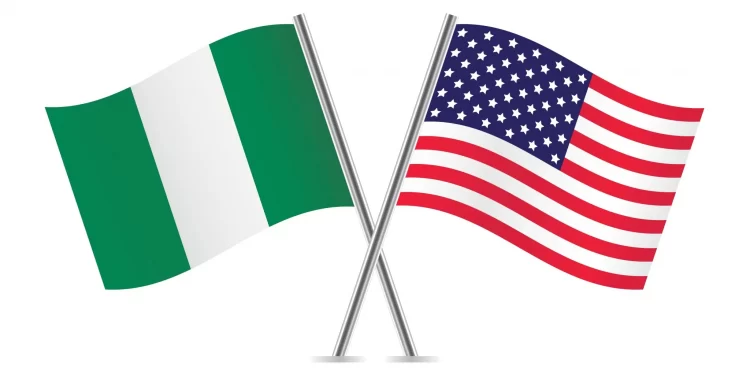Nigeria and the United States (US) have partnered on creating equality and the inclusion of persons living with disabilities (PwDs) into the workforce through the Reciprocal Exchange programme which took place at the Barrack Obama American Corner, Victoria Island, Lagos State on the 3rd of March, 2022.
This program began with the welcome speech by Ms. Jennifer Foltz, the Deputy Public Affairs officer of the United States Consulate in Lagos, where she stated that the Reciprocal Exchange programme is an initiative to implement hybrid projects to continue collaborative work with Mandela Washington Fellowship Alumni on the continent. Thus, Ms. Jennifer commended the organizers of the program for their effort to reduce barriers of the employment of disabled persons through a programme like this.
The Mandela Washington Fellowship Coordinator, Mr. Austin Emenau stated that the US Mission in Nigeria would continue to support its exchange alumni to networks and increase mutual understanding between the United States and countries in Sub-Saharan Africa.
Preceding this was a short documentary video on inclusion works for persons with disabilities in Nigeria. The video featured three young adults with visual disabilities of the Federal Nigeria Society for the Blind who shared their educational experiences as well as some barriers they encountered in the course of employment.
This documentary therefore initiated thought-provoking discussions between the young adults with visual disabilities and the employers of labour on Nigeria’s disability rights legislation that requires the organizations to hire people with disabilities. The documentary also featured the senior management staff of the Pan Atlantic University Center for Enterprise Development calling on the Nigerian employers of labour to be more inclusive in employing persons with disabilities.
After the meeting, Ms. Jennifer launched the Disability Employment Manual and the T-shirts as a message to promote mainstreaming of disability and giving the participants an opportunity to become ambassadors.
Thereafter, the administrative director of the Special Needs Initiative for Growth, Ms. Kikelomo Olatunde and the reciprocal exchange participant and projector co-lead- Ms. Sarah Cohen made a presentation on the inclusion of persons with disabilities into the workforce. Stating that any company that desires to improve productivity and expand its customer base should adopt an employment policy that embraces diversity, particularly, disadvantaged groups of the society.
The programme moved on with a networking activity with the employers and the visually impaired adults to give these adults the opportunity to pitch their skills, talents and background for employers to see the advantages of hiring them into the workforce. This followed quickly with a speed dating session with employers such as Jobberman, Sifax Group, Brainiacs STEM and Robotics providing mentoring support to the adults towards inclusive employment.
The programme ended in indications from the employers stating their commitment to hire the three young adults into the workforce upon introduction of upskilling practices for them.
Highlights
- President Muhammadu Buhari signed into law the Discrimination against Persons with Disabilities (Prohibition) Act on 23 January 2019.
The law included:
- A fine of N100,000 or a term of six months imprisonment for individuals and, an imposition of a fine of one million naira on corporate bodies for any individual or corporate body that discriminates against a person with disability.
- At least five per cent of employment opportunities should be reserved in all public organizations for the disabled persons.
- Unemployment rates among persons with disabilities are almost double that of the general population, World Bank.
- Persons with disabilities face difficulties accessing adequate health services. Often being limited to availability of access hospitals and personnel who are aware of and specialized in disability inclusion. World Bank











